-
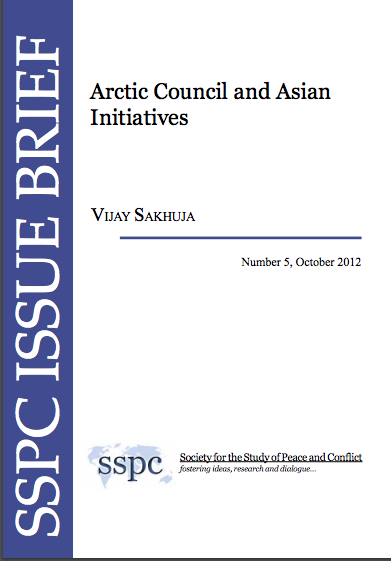
In September 2012, the Arctic ice shrunk to its lowest since its recordkeeping which started in 1979. It is believed that the Arctic could be ice free during summers by 2030. The phenomenon has been attributed to global warming, unprecedented release of heat trapping methane gas, increasing commercial activity in the region, and growing human footprint. There are concerns among the Arctic littoral states that have closely monitored the ongoing developments in the region.
-
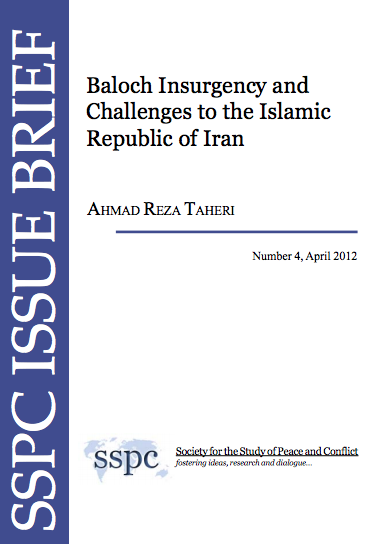
A highly organized ethno-religious insurgency known as Jundollah, carrying political motives has appeared for the first time in 2004 in the history of the Islamic state, to challenge the authority of the government in Balochestan. According to the Iranian authorities, this Baloch insurgency has links to the US or Israeli intelligence; a claim which has been denied by Jundollah. The Iranian regime has launched a series of campaigns against the rebellion to put down any real or potential resistance to the establishment.
-
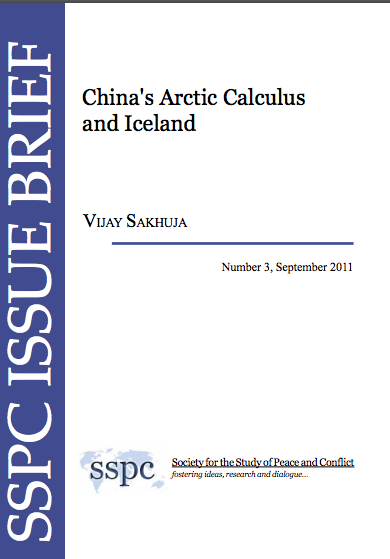
Beijing has begun to play a proactive role in the affairs of the Arctic seeking permanent observer status in the Arctic Council and has also made strong overtures towards some of the Arctic states by extending its domain and influence into the region through its assiduous diplomacy and grand strategy to nurture and sustain cordial bilateral relations.
The economic bailout package and the speed with which China salvaged Iceland when its economy was on the verge of collapse have created a new constituency in Iceland government circles who look at China favourably.
-
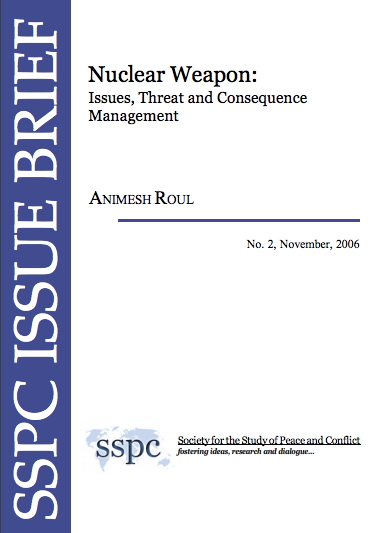
The invention of nuclear weapons, the ultimate among the three weapons of mass destruction, has given rise to completely novel conditions that have fundamentally affected the concept of war in the contemporary human history. The nuclear bombing of Hiroshima and Nagasaki on August 1945 during World War II were the two most remarkable acts of war in recorded military history. Fortunately, there have been no uses of this deadly device after that, but thousands of nuclear testing have taken place and also many accidents due to human or technical error occurred with large scale environment and health related effects. The so called great and emerging powers have stockpiled thousands of nuclear weapons in their arsenals overtly and the non state actors, primarily transnational terrorists groups may have stockpiled covertly, to unleash a catastrophic scenario hitherto witnessed or imagined. We have seen the restraint to use nuclear device against any rival nations within the state actors, but there is remote possibility of similar restraint from a terrorist group.
-
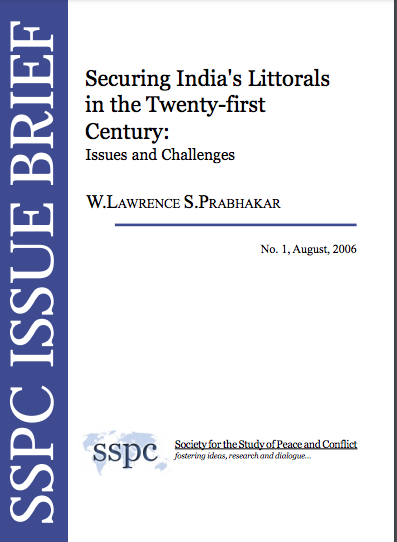
The twenty-first century marked paradigm shifts in the changing world order. The end of the Cold War, end of the global bipolar power rivalry; onset of globalization with resultant change in economic development, commerce and trade, advancement in information and communications technologies, transportation, etc. obliterated the geo-political boundaries of the nation state. Unfortunately, the spread of Asymmetric Conflict have emerged as the defining paradigm in the changing contour of politics, economics, military strategy and technology.
Paxton ported to drupal by DropThemes.in